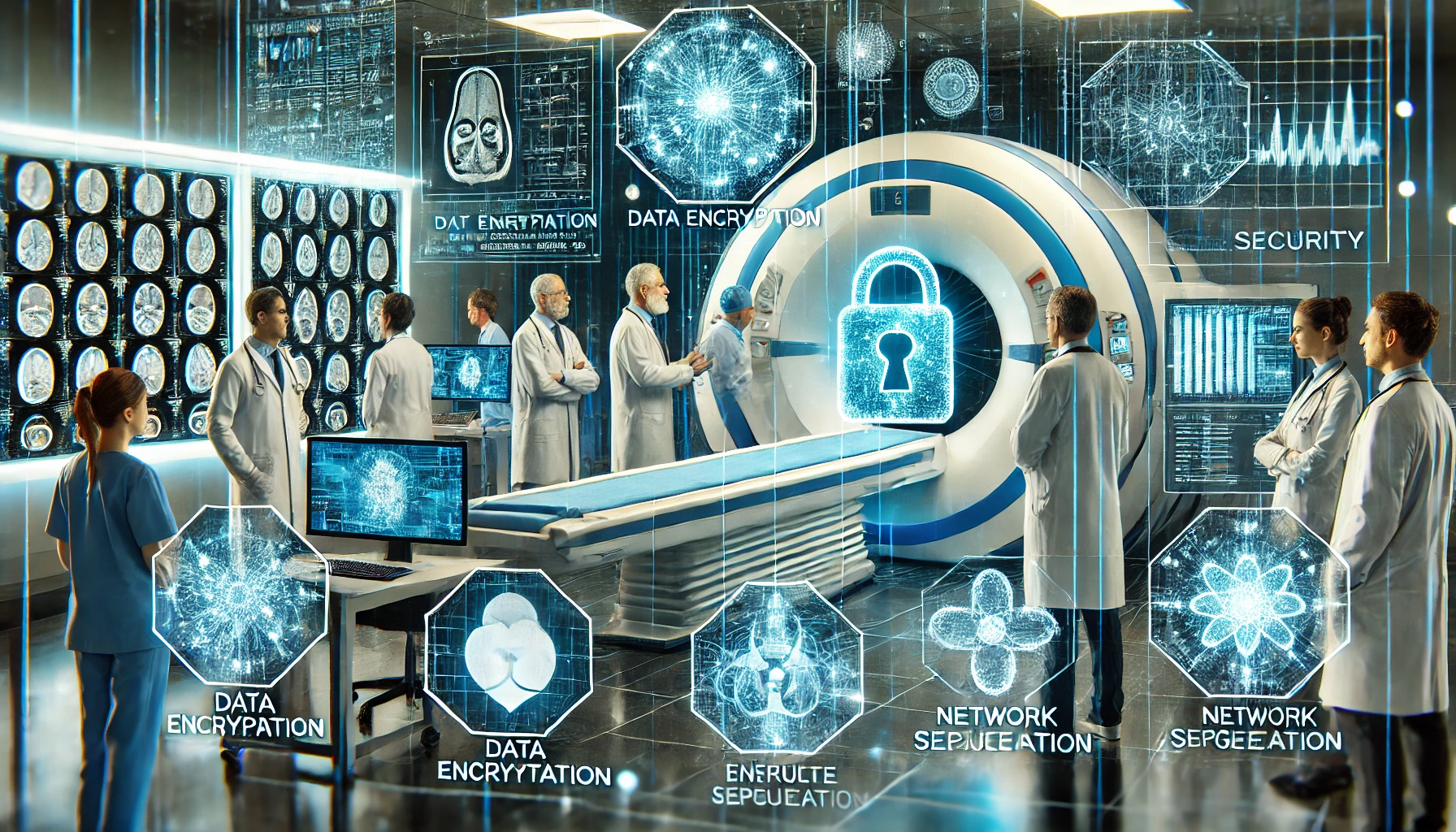IAEA Launches E-Learning Course to Bridge Global Gaps in Clinical Radiobiology Training for Cancer Treatment
New Resource Enhances Access to Radiobiology Knowledge for Radiation Oncologists, Especially in Low- and Middle-Income Countries.

The International Atomic Energy Agency (IAEA) has unveiled a groundbreaking e-learning course aimed at bridging knowledge gaps in clinical radiobiology, a critical field for improving cancer treatment with radiation therapy. Launched during an IAEA-hosted webinar that attracted over 540 participants from around the world, the course is designed to be an interactive tool that enhances radiation oncologists’ understanding of radiobiology, particularly in low- and middle-income countries where access to specialized training is often limited.
Radiation biology is essential for understanding the cellular and molecular effects of ionizing radiation, which is used for both diagnosing and treating cancer. Understanding how radiation interacts with biological systems—specifically its effects on radiosensitivity, repair mechanisms, and tumor response—forms the foundation for radiotherapy. This understanding enables oncologists to design more effective treatments, maximizing tumor control while minimizing harm to healthy tissues. The course introduces these complex concepts, including the six R’s of radiobiology: repair, reoxygenation, redistribution, repopulation, radiosensitivity, and immune response.
Filling the Gaps in Radiobiology Training
Despite the critical role radiobiology plays in improving cancer treatment, there is a global shortage of radiobiology specialists and a lack of comprehensive training programs. In many regions, radiobiology is often seen as secondary to clinical radiation oncology, leaving fundamental knowledge gaps. As radiotherapy demand rises globally due to the increasing cancer burden, especially in low-resource settings, training in radiobiology has become even more urgent.
Dr. Soehartati Gondhowiardjo, a radiation oncologist and senior consultant at Cipto Mangunkusumo National General Hospital in Indonesia, pointed out the lack of standardized curricula and the difficulty many radiation oncologists face in integrating biological insights into their clinical practice. This issue is especially pronounced in Africa, where gaps in radiobiology research remain vast. For example, in West Africa, fewer than 20 research papers have been published in the last decade on the radiobiology of regional tumors.
To support the advancement of radiobiology training, the IAEA has been proactive, organizing in-person courses, producing a distance-learning program called “Applied Sciences of Oncology,” and publishing educational materials. This new course, “Basic Clinical Radiobiology”, builds on these initiatives, offering a comprehensive introduction to the principles of radiation biology relevant to clinical oncology.
Course Details and Accessibility
The IAEA’s Basic Clinical Radiobiology course covers a range of topics, including:
The science behind radiation’s interactions with biological matter
Radiation-induced cell damage and repair mechanisms
The impact of radiation therapy fractionation on treatment outcomes
The biological response to radiation therapy in tumor cells
Available on the IAEA Human Health Campus, this course offers free, on-demand access to radiation oncologists and healthcare professionals worldwide. Participants can study at their own pace, with the flexibility to review the material as needed. This initiative not only supplements existing radiobiology training but also allows for the integration of cutting-edge biological knowledge into daily clinical practice.
Within just one week of its official release, the course has already attracted over 820 healthcare professionals, underscoring its immediate global appeal and demand.
Supporting Global Cancer Care and Workforce Development
The IAEA-led Lancet Oncology Commission on Radiotherapy and Theranostics revealed that by 2050, the global cancer workforce needs to expand by 60 percent to meet the increasing demand for cancer treatment. May Abdel-Wahab, Director of the IAEA’s Division of Human Health, emphasized that this e-learning tool could be pivotal in helping to train a qualified workforce and ensuring radiobiology principles are effectively translated into clinical practice.
The course’s release is timely, as the IAEA continues to support global cancer care and the transition to more accessible, high-quality radiation therapies. The initiative aligns with the IAEA's broader goal to improve health outcomes and reduce disparities in cancer treatment, particularly for countries with limited access to specialized training and resources.
By addressing the global shortage of radiobiology training and making cutting-edge knowledge more widely available, the IAEA’s e-learning course is an important step towards enhancing the global cancer workforce and ensuring that radiotherapy remains an effective treatment for millions of patients worldwide.
- READ MORE ON:
- IAEA
- E-Learning Course










